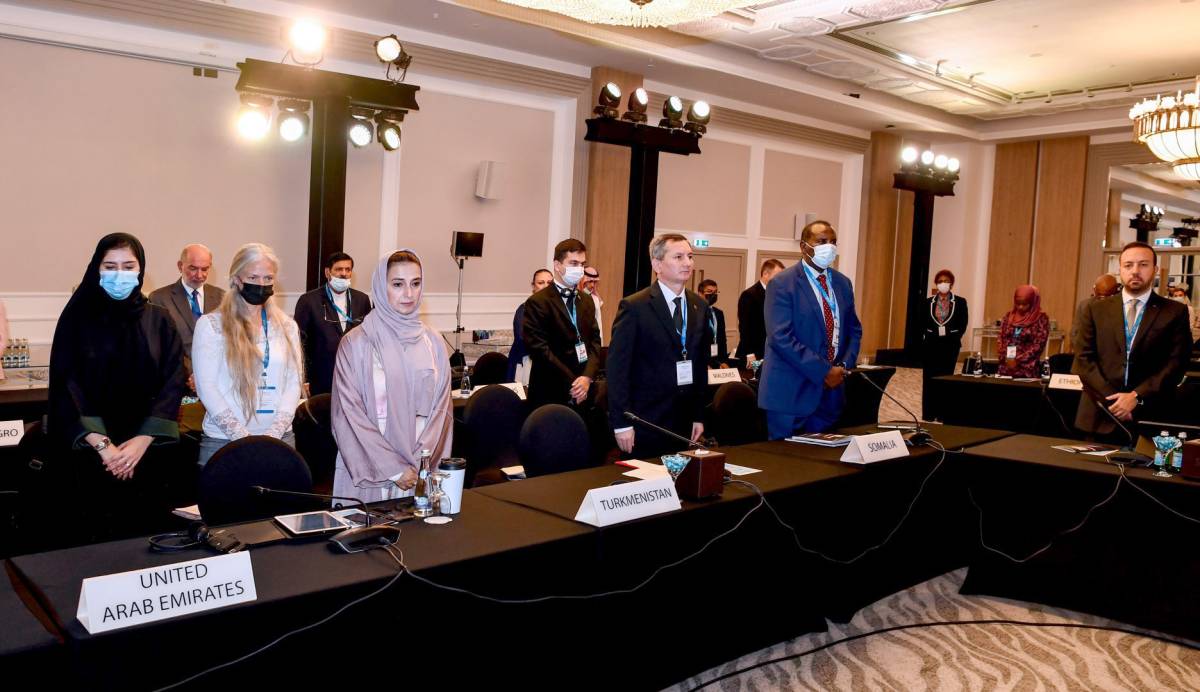More than 300 high-level delegates from 100 countries are attending the two-day meeting…reports Asian Lite News
The 23rd Council of the International Renewable Energy Agency (IRENA) in Abu Dhabi opened today to discuss efforts in scaling-up the energy transition against a backdrop of rising fossil fuel prices and climate concerns. More than 300 high-level delegates from 100 countries are attending the two-day meeting.
“The compounding crises stemming from conflicts and persistent pandemics are profoundly impacting the global energy system, spilling over to different sectors and everyday lives,” said IRENA Director-General Francesco La Camera in his opening remarks. “We need to be laser-focused on solutions that can be deployed at the necessary speed and scale. This backdrop underlines the importance of the work the Council will undertake in this meeting.”
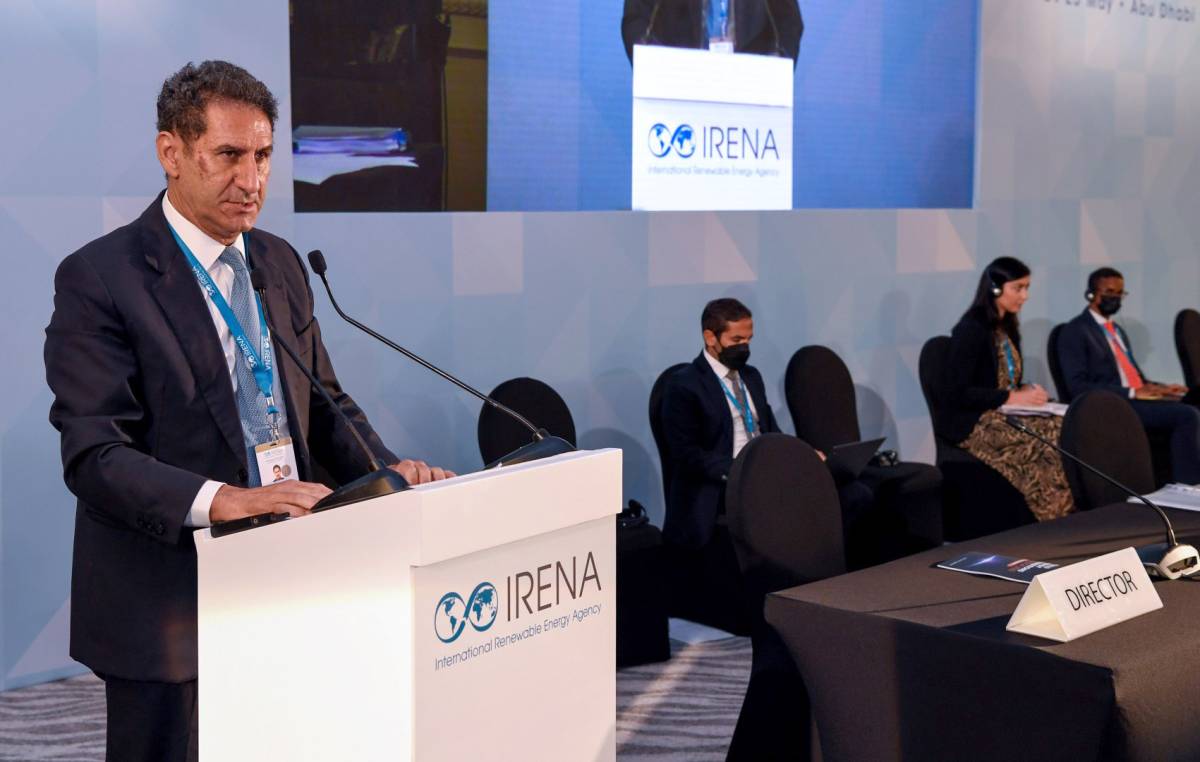
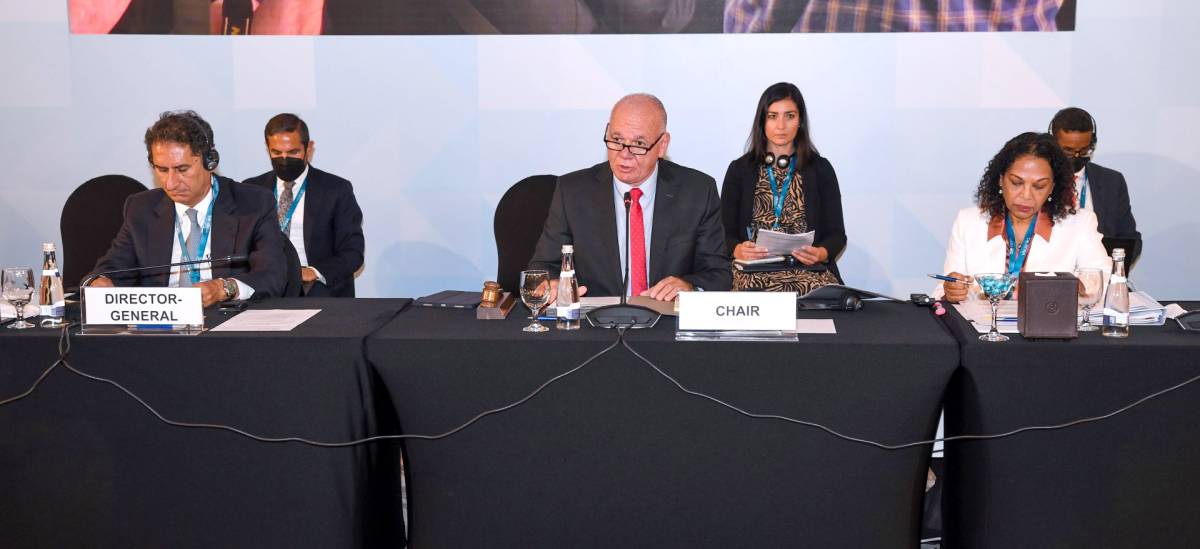
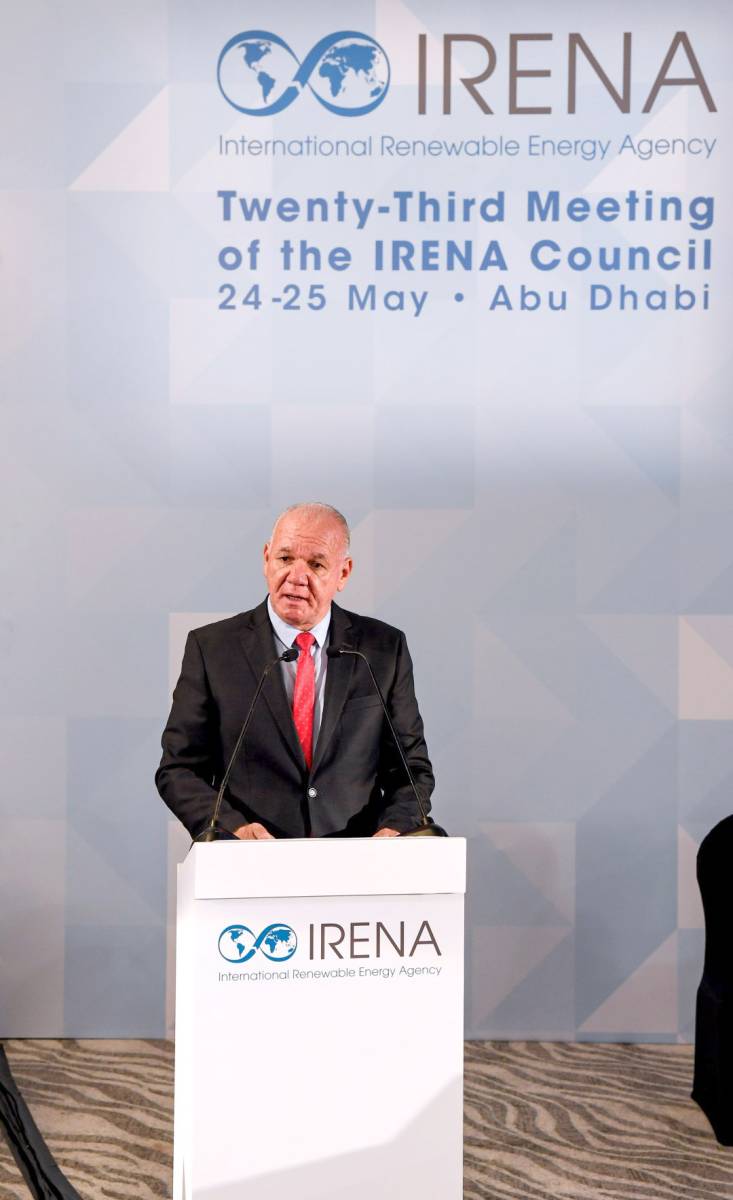
The Council meeting is chaired by Walter Verri, Uruguay’s Deputy Minister of Industry, Energy and Mining.
“The path that Uruguay has followed towards developing renewable energy is well known and shows our country’s commitment. Yet the urgent challenges we face today, particularly those linked to climate change and the energy crisis, are strong reasons to push us to speed up our work,” said Verri in his remarks during the Council’s opening session. “We think that IRENA can play an important role, especially in light of current challenges, in providing solutions that can help the global community achieve sustainable development.”
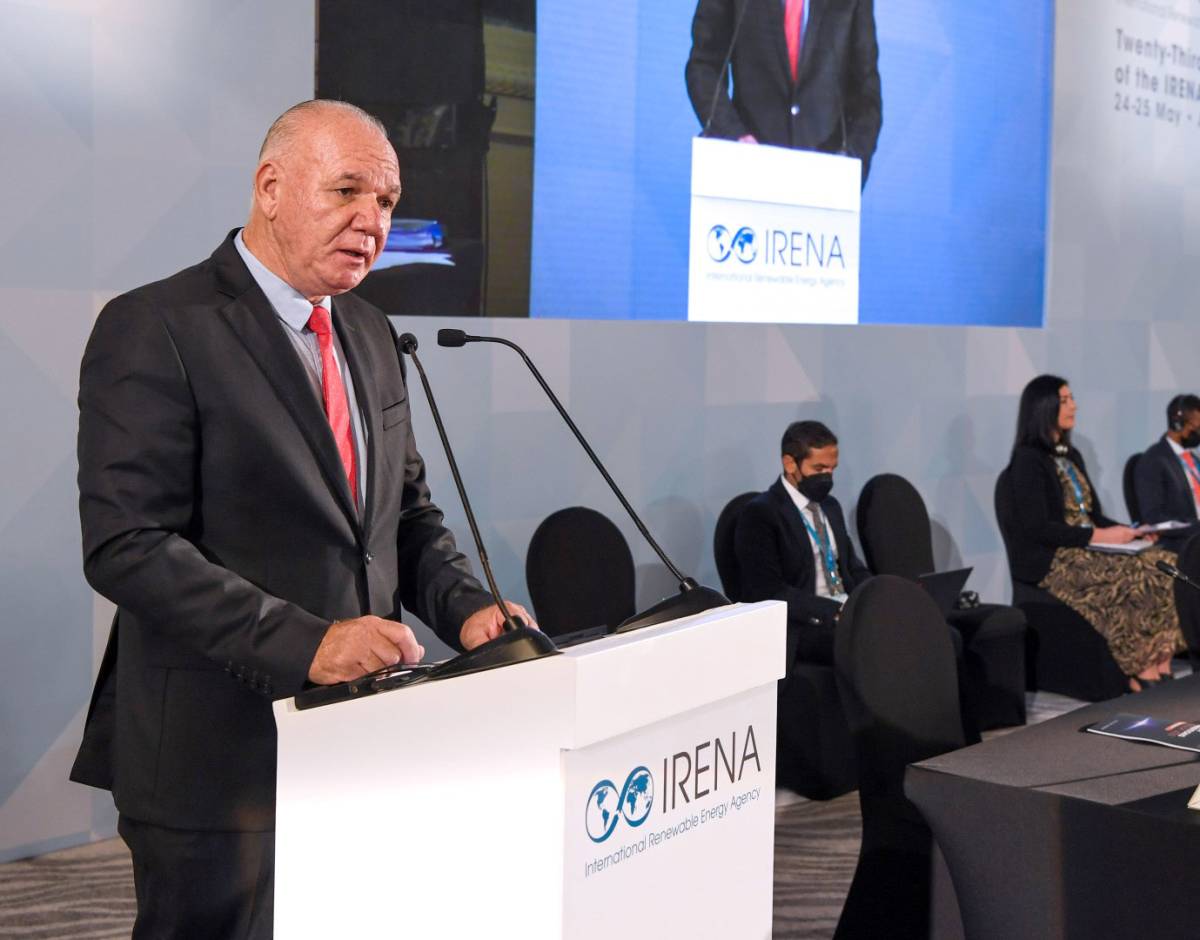
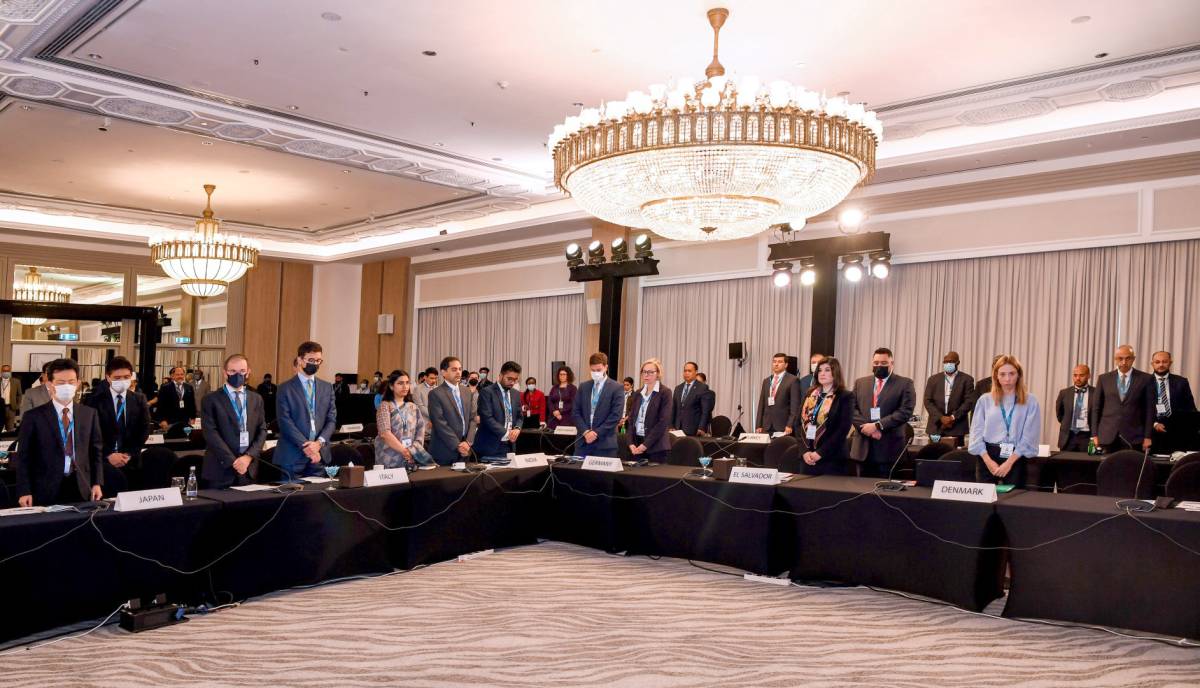
The IRENA Council is composed of 21 Members elected for a two-year term and serve on a rotating basis to ensure the effective participation of both developing and developed countries and a fair and equitable geographical distribution. The Council’s responsibilities include facilitating consultation and cooperation among IRENA Members and reviewing the organisation’s work programme, budget and annual report.
Earlier this year, IRENA published its World Energy Transitions Outlook, outlining a pragmatic roadmap that examines the steps needed by 2030 to deliver climate and near-term energy solutions simultaneously and urgently. Given the present global situation, these solutions are now more urgent than ever.

